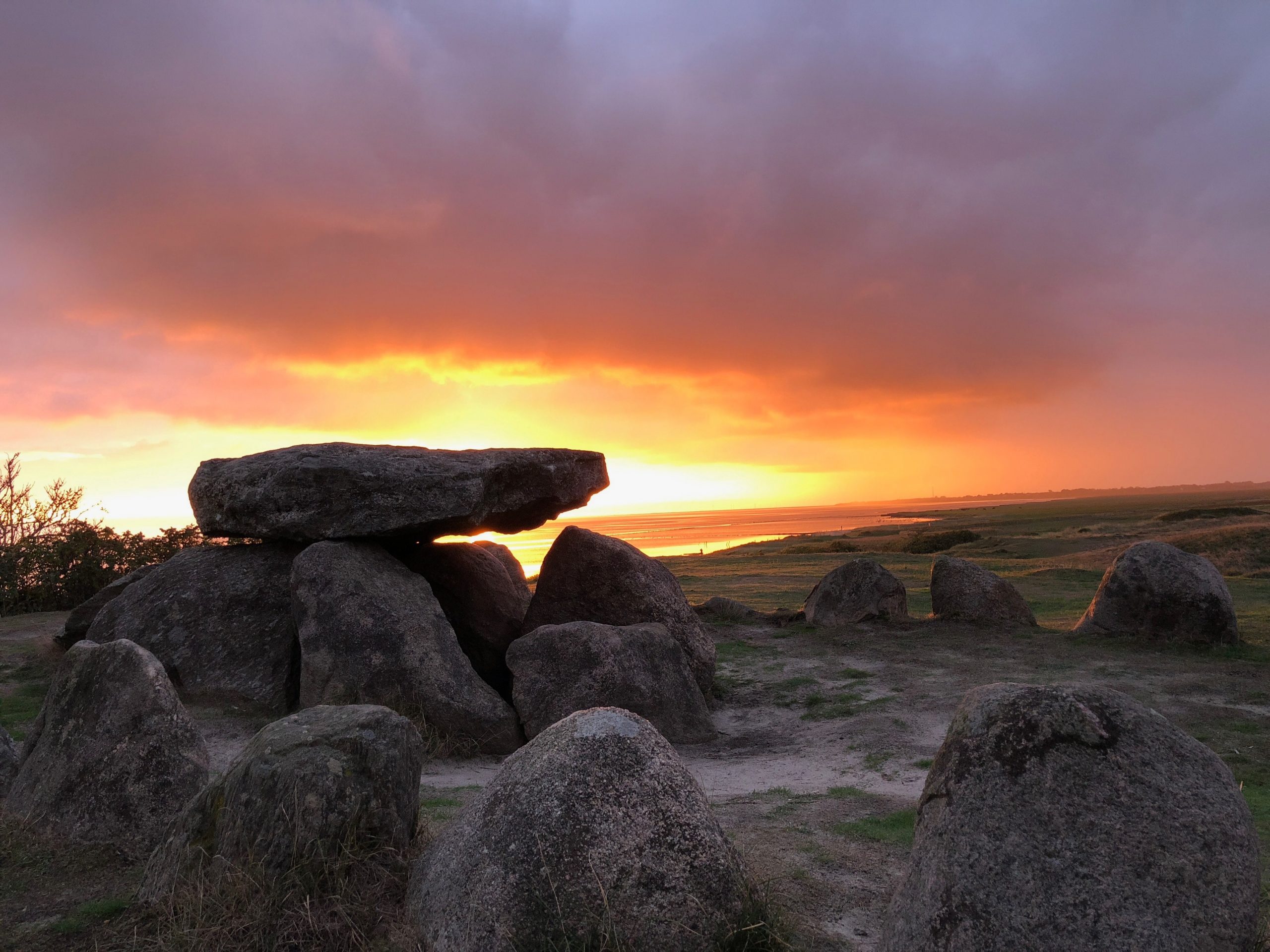Holy Saturday: The Day After Jesus' Death


Today is Holy Saturday, the day after Jesus’ death.
We can only imagine how the disciples felt on this day. They probably felt deep grief and hopelessness. They had devoted the last three years of their lives to Jesus, leaving their families and livelihood behind because they believed that Jesus was the Messiah.
Jesus’ death seemed to be the end of everything for the disciples. But Jesus’ cry, “It is finished” was just the beginning of God’s story.
In Luke, we read about what happened after Jesus’ crucifixion:
“The women who had come with Jesus from Galilee followed Joseph and saw the tomb and how his body laid in it. Then they went home and prepared spices and perfumes. But they rested on the Sabbath in obedience to the commandment” (Luke 23:55-56).
Jewish law required everyone to rest on the Sabbath. Jesus’ followers could do nothing but wait. The Sabbath was part of the law Jews had to keep in order to be right with God (Exodus 20:8). Jesus died the ultimate death so that we could be right with God by believing in him. On our own, we will always fall short. But through Jesus, we are made complete.
Holy Saturday is the day Jesus descended into death and proclaimed our freedom. Because of Jesus’s sacrifice, we know that there is nothing we can do or work toward to earn eternal life. We can find true rest in Jesus.
So today, we await Jesus’ return, and we can rest in the knowledge that Jesus has gone before us and done the work that we could never do so that we can have a restored relationship with God. For eternity.
“We know that Christ, being raised from the dead, will never die again; death no longer has dominion over him.”
Kali Gibson is the editor-in-chief for So We Speak and is a copywriter for the YouVersion Bible App.






